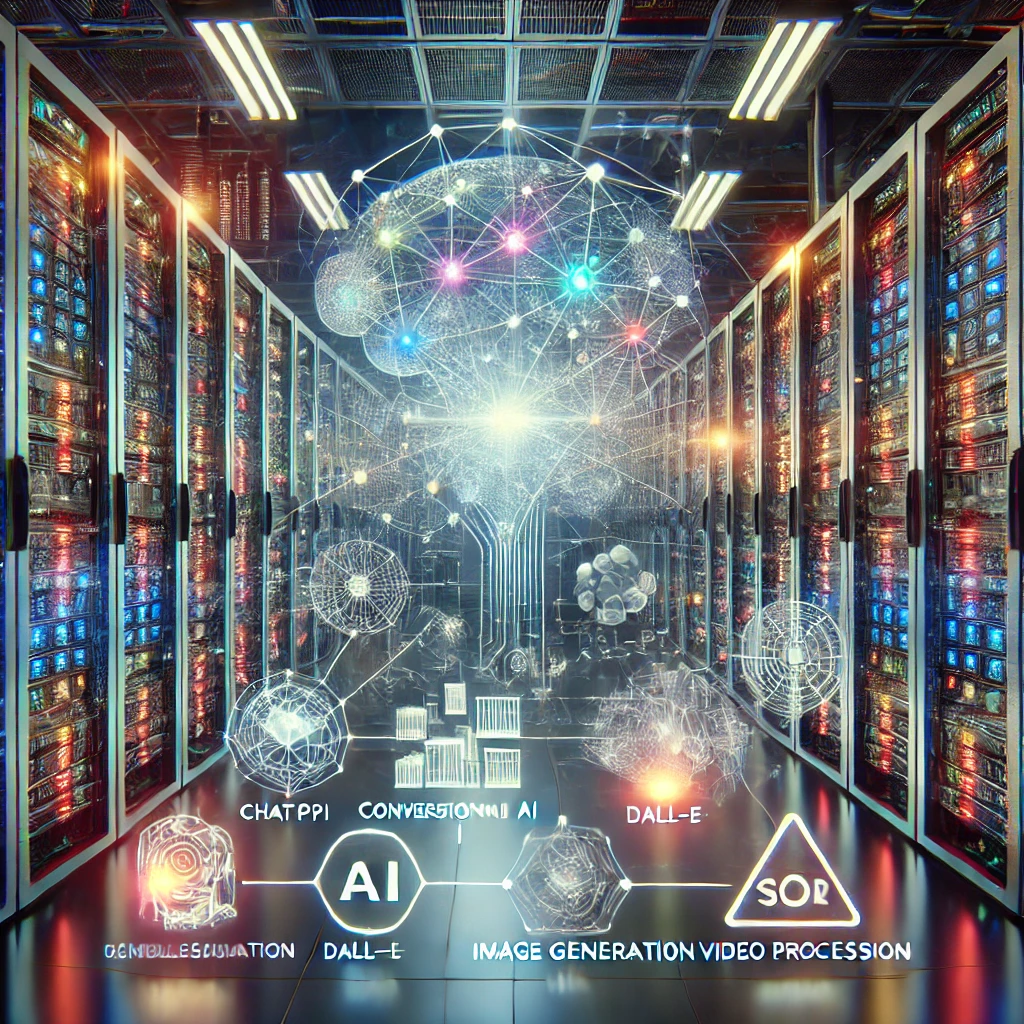In a recent Reddit AMA, OpenAI CEO Sam Altman highlighted that limited compute capacity is a key reason the company hasn’t been able to release new products as frequently as it would like.
“These models have become extremely complex,” Altman explained in response to questions about delays in releasing OpenAI’s next-generation models. “We’re also dealing with tough decisions about how to allocate our compute resources across a lot of exciting ideas.”
Reports suggest OpenAI has been facing challenges in securing sufficient compute infrastructure to run and train its generative models. According to a recent Reuters report, OpenAI has been working with Broadcom for months to develop a custom AI chip, expected to launch as early as 2026, to help meet these demands.
Altman mentioned that, due to these compute limitations, the vision capability of ChatGPT’s Advanced Voice Mode, originally showcased in April, won’t be available anytime soon. At the April demo, OpenAI displayed how the ChatGPT app could recognize visual details through a phone camera, such as identifying someone’s clothing. However, a Fortune report revealed that this demo was hurriedly prepared to coincide with Google’s I/O developer conference that same week, with some at OpenAI questioning if GPT-4 was truly ready for such a showcase. As a result, the voice-only version of Advanced Voice Mode saw months of delay.
Altman also shared that there’s no set timeline for the release of the next major version of DALL-E, OpenAI’s image generation model. Meanwhile, OpenAI’s Chief Product Officer Kevin Weil explained that Sora, OpenAI’s video generation tool, has been delayed to address technical issues, safety concerns, impersonation risks, and scaling challenges.
Sora has reportedly encountered technical setbacks that have made it less competitive with similar tools from companies like Luma and Runway. As reported by The Information, the original version, announced in February, required over 10 minutes to generate a one-minute video clip. In October, Tim Brooks, one of Sora’s co-leads, left OpenAI for Google.
Later in the AMA, Altman also hinted that OpenAI may eventually allow “NSFW” content in ChatGPT, adding, “we believe in treating adult users like adults.” He emphasized that OpenAI’s priority remains focused on improving its “o1” reasoning models and their upcoming versions. At this week’s DevDay conference in London, OpenAI showcased new features for the o1 models, including better image recognition.
“We have some exciting releases coming later this year,” Altman noted. “But none of them will be called GPT-5.”


